APDS is a rare, primary immunodeficiency1,2,*
Timeline of the most common pathologies seen in APDS3-5

APDS has often been diagnosed as another PI or condition, causing delays in diagnosis4,†

*PI is also known as IEI.6
†This analysis of 39 patients with APDS revealed initial diagnoses of a range of other conditions.4
ALPS, autoimmune lymphoproliferative syndrome; CID, combined immunodeficiency; CVID, common variable immunodeficiency; IEI, inborn error of immunity; PI, primary immunodeficiency; XLA, X-linked agammaglobulinemia.
Adapted from Jamee M, Moniri S, Zaki Dizaji M, et al. Clinical, immunological, and genetic features in patients with activated PI3Kδ syndrome (APDS): a systematic review. Clin Rev Allergy Immunol. 2020;59(3):323-333.

Improved identification of symptoms and increased genetic testing are needed for earlier diagnosis1,2,7-9
- APDS, characterized in 2013, is caused by variants of the genes encoding PI3Kδ
- Genetic testing for APDS became available in 2017
- Pathogenic PI3Kδ variants have autosomal dominant inheritance patterns


Signs and symptoms of APDS vary widely4,8-10
APDS signs and symptoms are heterogeneous, even among family members with the same genetic variant9,11,12

People with APDS usually experience 1 or more of the following symptoms3-5,13-15:
Immune imbalance is primarily responsible for APDS disease progression9,12
In APDS, hyperactivity along the PI3Kδ signaling pathway disrupts immune cell balance2
In patients with APDS who experience disease progression2:
- Inadequate control of immune deficiency can lead to infections, end-organ lung damage such as bronchiectasis, and lymphoma
- Uncontrolled immune dysregulation may lead to lymphoproliferation including lymphadenopathy, splenomegaly, and potentially lymphoma
- End-organ damage has frequently preceded a confirmed diagnosis of APDS13,16 CMV, cytomegalovirus; EBV, Epstein-Barr virus; IgA, immunoglobulin A.

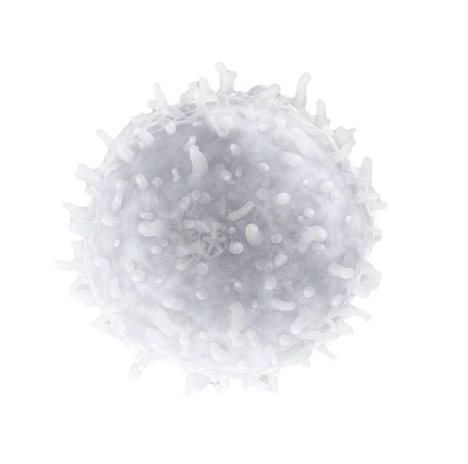
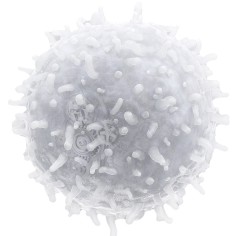




Recent studies have shown PI3Kδ to be a key factor in APDS progression3,9,15
APDS is caused by hyperactivity of the PI3Kδ enzyme, early in the complex PI3Kδ pathway2,17-19
- The diverse manifestations of APDS are caused by the multiple downstream effects of a hyperactive PI3Kδ enzyme
- Balanced activity of this signaling pathway is critical to normal immune cell development
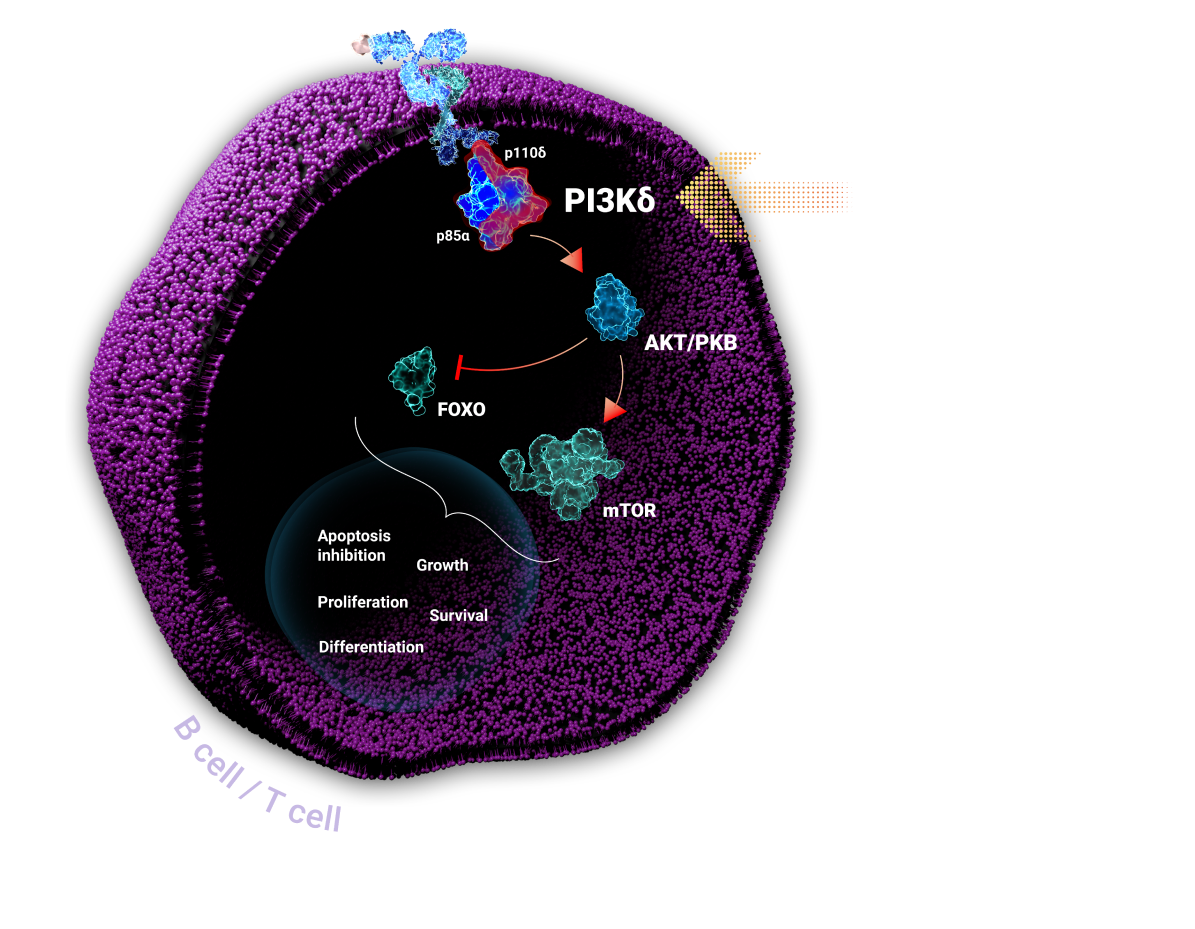
The PI3Kδ enzyme is at the beginning of a complex signaling pathway
Note: Illustration does not include all steps in the signaling pathway.
Adapted from Rao VK, Webster S, Šedivá A, et al. Blood. 2023;141(9):971-983. doi:10.1182/blood.2022018546






